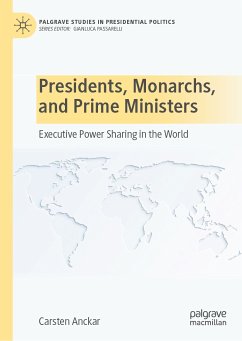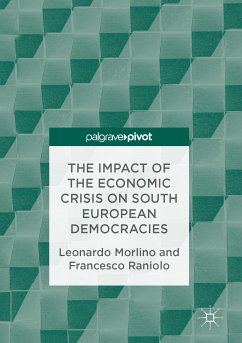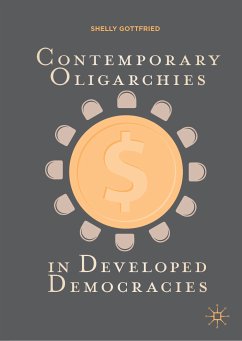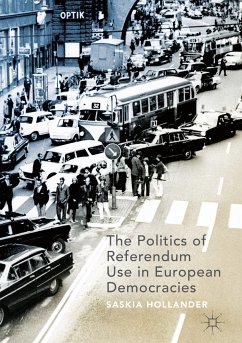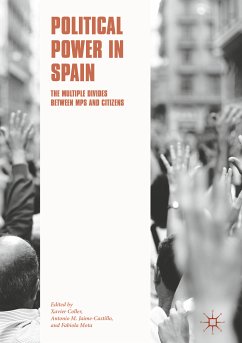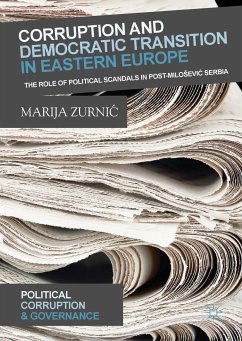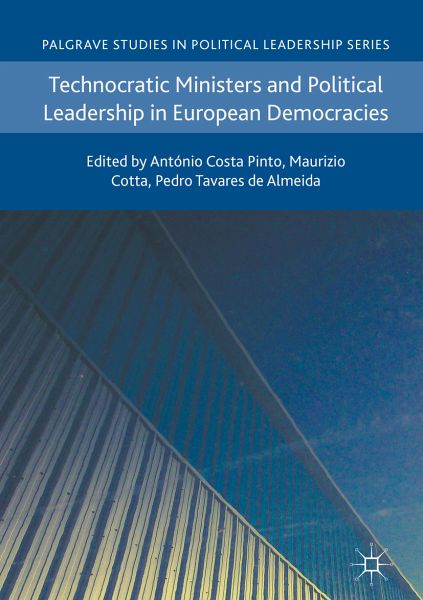
Technocratic Ministers and Political Leadership in European Democracies (eBook, PDF)
Versandkostenfrei!
Sofort per Download lieferbar
120,95 €
inkl. MwSt.
Weitere Ausgaben:

PAYBACK Punkte
60 °P sammeln!
This book provides an in-depth analysis of the 'technocratic shift' in ministerial recruitment, measuring its extent and variations over time in fourteen European countries. It addresses the question: who governs in European democratic regimes? Just a few decades ago, the answer would have been straightforward: party-men and (fewer) party-women. More recently, however, and in varying degrees across Europe, a greater proportion of non-politicians or experts have been recruited to government, as exemplified by the 2017 election of Emmanuel Macron to the French Presidency. These experts, frequent...
This book provides an in-depth analysis of the 'technocratic shift' in ministerial recruitment, measuring its extent and variations over time in fourteen European countries. It addresses the question: who governs in European democratic regimes? Just a few decades ago, the answer would have been straightforward: party-men and (fewer) party-women. More recently, however, and in varying degrees across Europe, a greater proportion of non-politicians or experts have been recruited to government, as exemplified by the 2017 election of Emmanuel Macron to the French Presidency. These experts, frequently labelled "technocrats", increasingly occupy key executive positions and have emerged as powerful actors in the decision-making process. This edited collection explores the contemporary debates surrounding the relationship between technocracy, democracy and political leadership, and will appeal to scholars and advanced students interested in these fields.
Dieser Download kann aus rechtlichen Gründen nur mit Rechnungsadresse in A, B, BG, CY, CZ, D, DK, EW, E, FIN, F, GR, HR, H, IRL, I, LT, L, LR, M, NL, PL, P, R, S, SLO, SK ausgeliefert werden.



